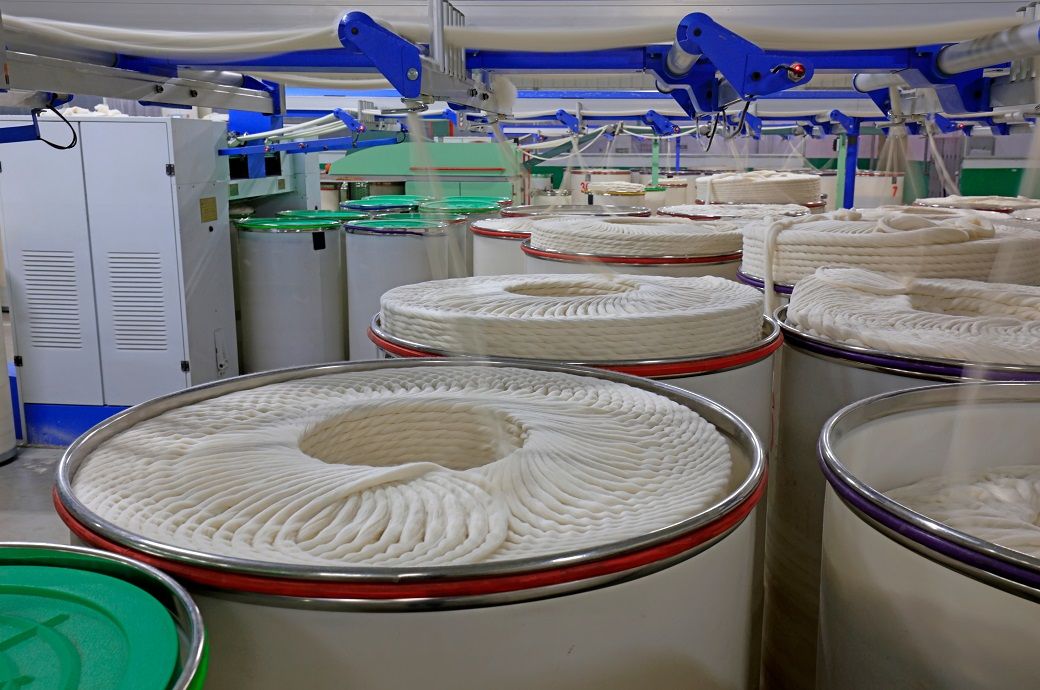
Key members from the South Indian Spinners Association (SISPA), Open End Spinning Mills Association (OSMA), and India Spinning Mill Owners Association (ISMA) have told the media that the mills are compelled to sell yarn at minimal prices, as dictated by dealers. Current market conditions have resulted in a loss of ₹40 per kilogram for spinning mills. This translates into a daily loss of ₹100,000 for a mill producing 2,500 kg of yarn per day from roughly 10,000 spindles.
G Subraminiam, president of ISMA, and S Jagdesh Chandran, secretary of SISPA, jointly asserted that the considerable losses have made it impossible for mills to meet costs such as bank loan repayments, cotton purchases, electricity bills, and GST payments. If this trend persists, the mills risk becoming non-performing assets (NPAs), with the potential for permanent closure.
The industry also highlighted its inability to secure export orders for yarn, fabric, and clothing due to the 11 per cent import duty on cotton. Recent increases in loan interest rates have further strained their finances. Rising electricity costs in Tamil Nadu have boosted production costs, while unrestricted imports of yarn and fabric from countries such as China, Vietnam, and Bangladesh have exacerbated the industry's challenges.
Industry associations have urgently requested the removal of the 11 per cent import duty on cotton and a reduction of the bank interest rate to 7.5 per cent, as was previously in place. They have also requested that the short-term loan of the 'Emergency Credit Line Guarantee Scheme (ECLGS)' be restructured and a fresh ECLGS loan be provided. The industry is seeking a six-month grace period and a seven-year repayment period at a lower interest rate. In light of the industry's decline, they are urging the government to extend the term loan by a two-year moratorium and restructure the existing term loan as done in the past. They have also requested that the Reserve Bank of India (RBI) not impose stringent rules on the spinning sector.
Furthermore, the industry has called for a halt to any subsidies or concessions aimed at increasing spinning capacity in any state, noting the considerable unutilised capacity of spinning mills nationwide. A uniform policy for the textile industry is needed across the country. The industry believes the government should take appropriate steps to boost the export of yarn and fabrics and implement measures to monitor and restrict the import of yarn and fabric.
Lastly, the industry has urged for the extension of the minimum support price (MSP) to cotton yarn, suggesting a minimum MSP of ₹2.25 per count per kg.
Fibre2Fashion News Desk (KUL)